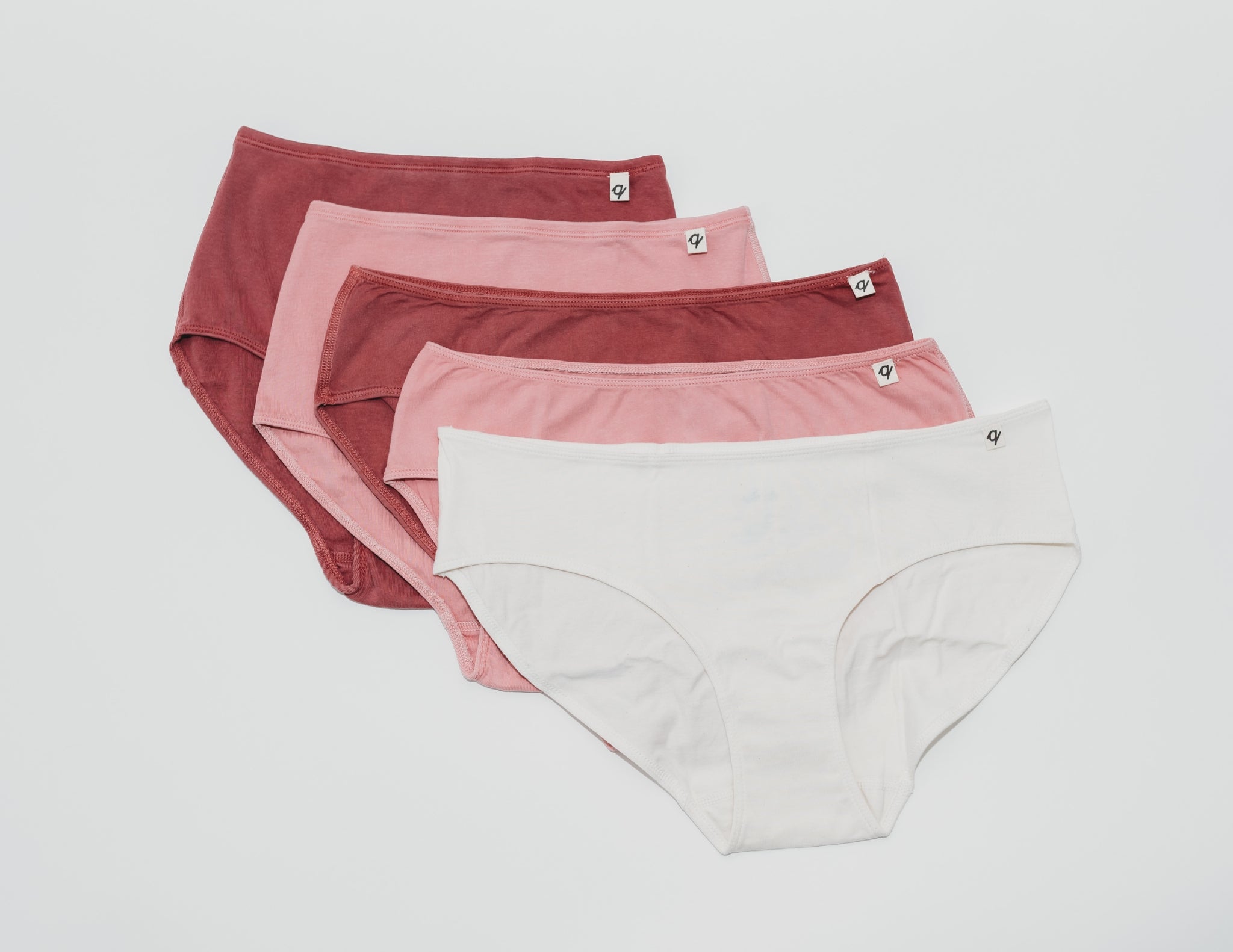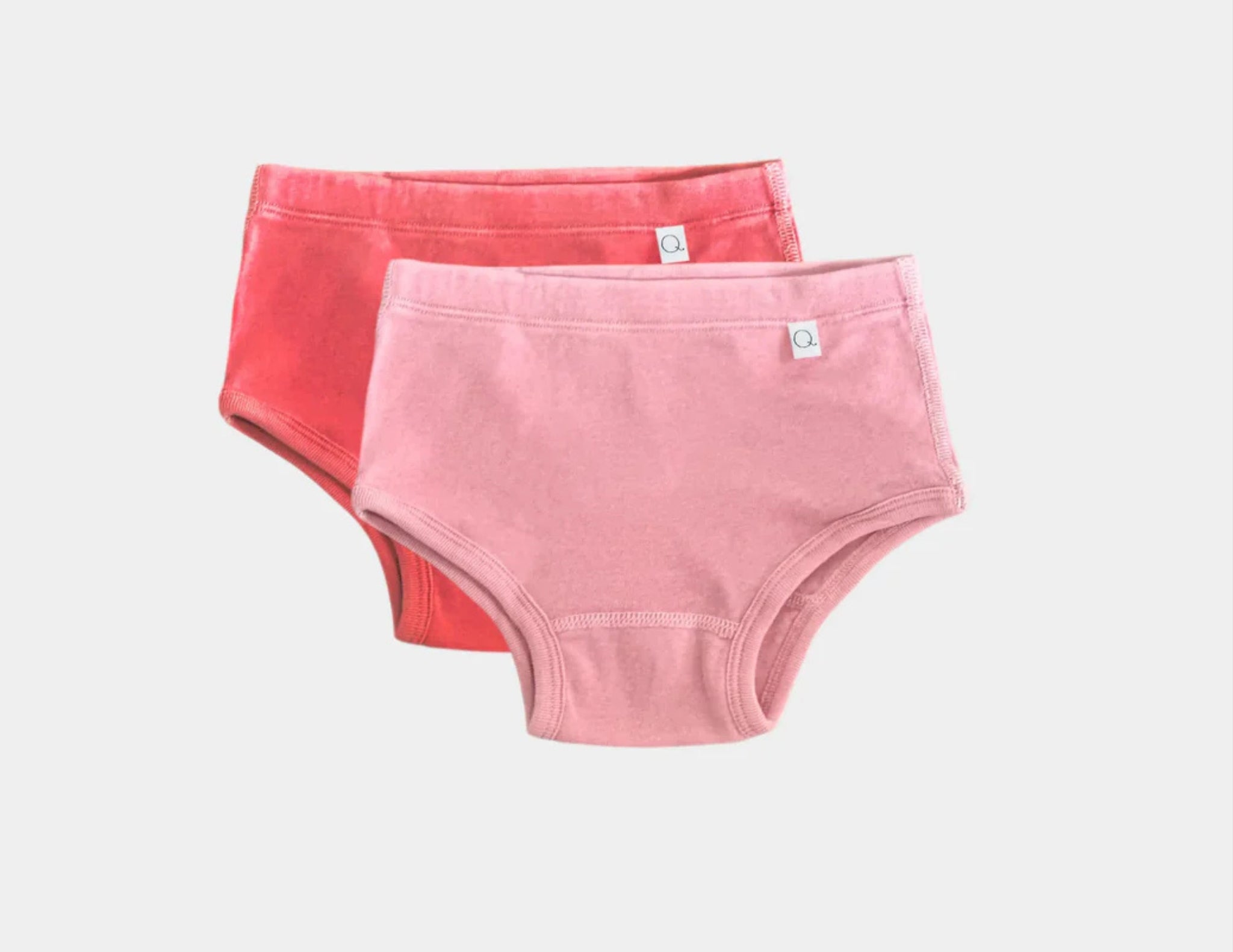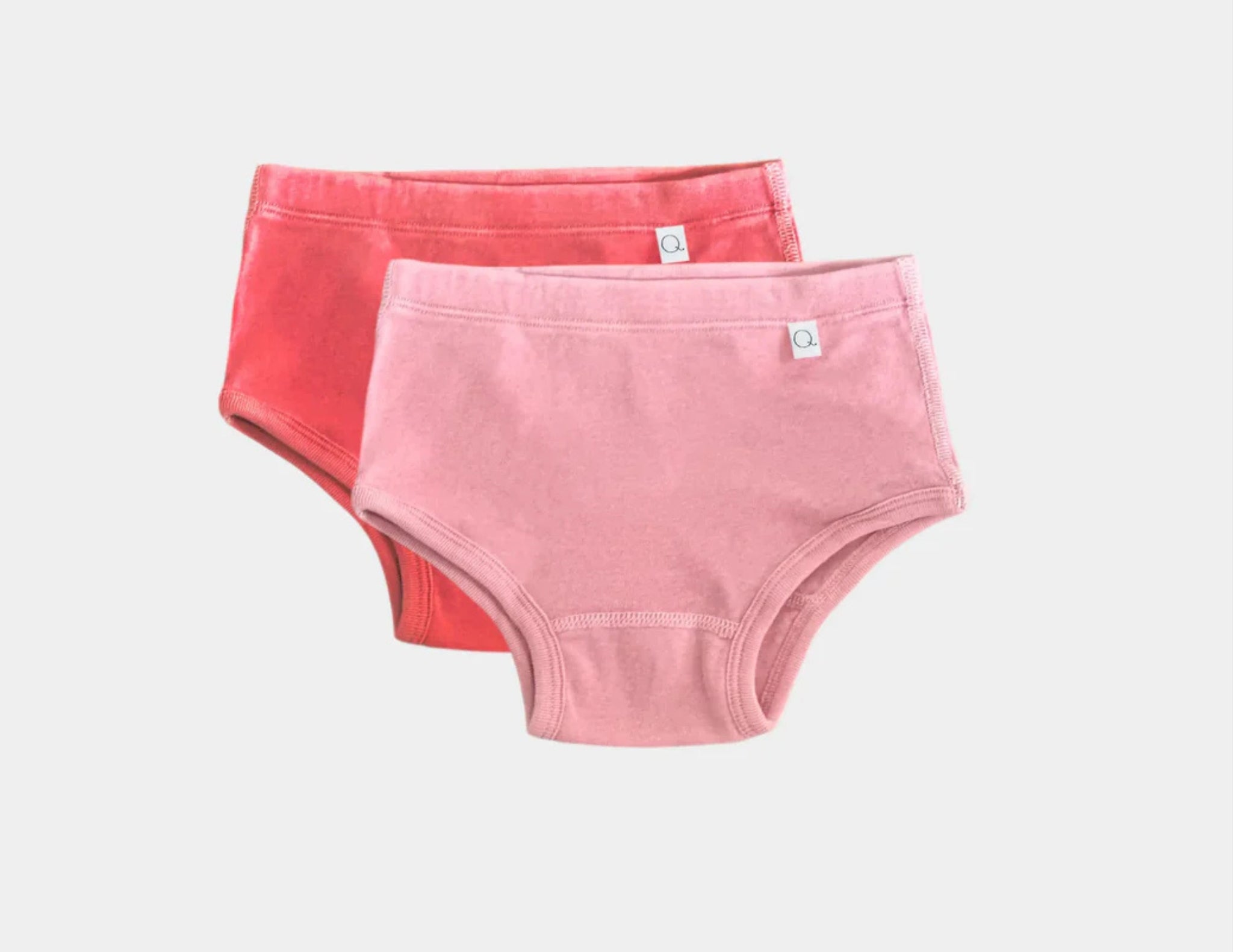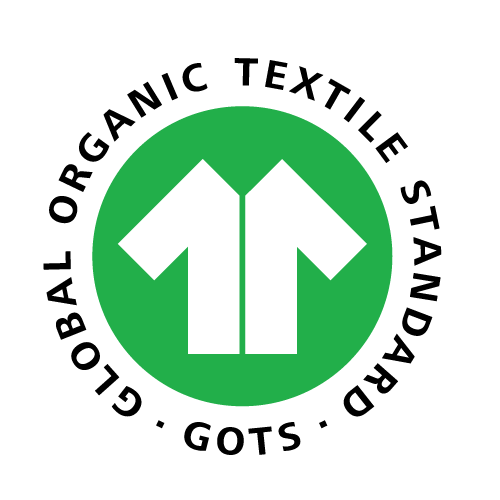
What are Non-Toxic and Chemical-Free Bras? Read before Buying
Recent studies have revealed a disturbing reality about conventional bras that most women remain unaware of the alarming presence of toxic chemicals in intimate apparel. Research shows that 50% of tested bras contained PFAS "forever chemicals" with levels ranging from 16 to 49 parts per million, making this information crucial for every woman considering her next undergarment purchase. This guide explains what non-toxic and chemical-free bras are, why they matter for your health, and how to choose safe, PFAS-free, and ethically made options.
What Are Non-Toxic Bras and Why They Matter
The concept of non toxic bras extends far beyond marketing terminology—it represents an important health consideration backed by scientific research. These specialized undergarments are crafted without harmful chemicals, synthetic materials, and toxic substances that conventional manufacturers routinely use. Non toxic bras use natural fiber bras like organic cotton, hemp, or bamboo that haven't been treated with dangerous chemical finishes.
The distinction becomes particularly important when considering where these garments contact the body. Unlike outer clothing, bras remain in direct contact with sensitive breast tissue and lymph nodes for 12-16 hours daily. This prolonged exposure creates multiple pathways for chemical absorption, making the choice of a non toxic bra not just a preference, but a health necessity supported by mounting scientific evidence.
The Dangers of PFAS "Forever Chemicals": Problematic Health Effects
Research into conventional bra manufacturing has revealed concerning findings about chemical contamination. PFAS "forever chemicals" have been linked to period irregularities, ovarian disorders, high blood pressure, and fertility concerns according to multiple peer-reviewed studies. These persistent chemicals don't break down in the environment or human body, earning their "forever" designation. Laboratory testing has consistently shown PFAS contamination in mainstream brands, indicating that conventional bras pose genuine health risks that extend far beyond simple discomfort.
PFAS "forever chemicals" present serious documented health risks that make avoiding them in intimate apparel critically important. Research published in leading medical journals demonstrates that these chemicals are ubiquitous, persistent, and toxic, with many PFAS compounds remaining in the human body for years or decades after exposure.
The health effects of PFAS exposure are particularly concerning when considering intimate apparel like bras that remain in direct contact with breast tissue and lymphatic areas for extended periods. While the specific effects of PFAS absorption through breast and armpit areas remain under study, the proximity to breast tissue and lymphatic system creates potential vulnerability to these toxic chemicals.
Documented health effects of PFAS exposure include:
- Immune System Impact: Studies published in Environmental Health Perspectives show that PFAS exposure reduces immunity and vaccine effectiveness. Research demonstrates that higher PFAS levels correlate with reduced antibody responses to vaccines and increased susceptibility to infections.
- Reproductive Health: Multiple studies link PFAS exposure to reduced fertility in both men and women. Research published in Environmental Research indicates that PFAS exposure lowers women's chances of becoming pregnant, while studies in Reproductive Toxicology demonstrate connections to male fertility issues.
- Cancer Risk: The International Agency for Research on Cancer has classified certain PFAS as possible carcinogens. Epidemiological studies have found increased risks of kidney and testicular cancers associated with PFAS exposure, according to research published in the Journal of the National Cancer Institute.
- Endocrine Disruption: PFAS chemicals interfere with normal hormone function, affecting thyroid, reproductive, and metabolic systems. Studies in Environmental Science & Technology demonstrate that PFAS exposure disrupts thyroid function and contributes to metabolic disorders including obesity and diabetes.
- Cardiovascular Effects: Research published in Environmental Health shows associations between PFAS exposure and increased cholesterol levels, hypertension, and cardiovascular disease risk.
- Developmental Impact: Studies indicate that PFAS exposure affects growth, learning, and behavior in children. Research published in Environmental Health Perspectives links prenatal PFAS exposure to developmental delays and behavioral problems.
The Centers for Disease Control and Prevention (CDC) confirms through biomonitoring studies that PFAS are present in the blood of nearly all Americans, making additional exposure reduction through consumer products like PFAS free bras essential for protecting public health. Given this widespread contamination, choosing non toxic bras becomes a crucial step in minimizing overall PFAS exposure.
What are PFAS-Free Bras
When examining non toxic sports bras specifically, research indicates the stakes become even higher. During exercise, increased blood flow and elevated body temperature can enhance chemical absorption through the skin according to physiological studies. Scientific evidence shows that organic activewear prevents synthetic fabrics and harsh chemicals from being absorbed during sweating, while organic materials like cotton and bamboo feel softer and cause less irritation. This makes choosing PFAS free bras particularly crucial for active women who spend significant time in athletic wear.
Scientific studies suggest that organic materials like GOTS-certified cotton provide a safer alternative. These natural fabrics are gentler on the skin, reduce irritation, and—unlike synthetic blends—don’t rely on harmful chemical finishes. A 2022 study from The Center for Environmental Health found detectable levels of PFAS in major sports bra brands, underscoring the importance of reading labels and choosing certified products.
To avoid exposure, look for PFAS-free certifications like OEKO-TEX® or GOTS, and opt for activewear made with untreated natural fibers. Choosing PFAS-free bras isn’t just about comfort—it’s a proactive step toward long-term health, especially for women who live in their athletic wear.
What's the problem with Synthetic Fabric
Scientific analysis reveals that the synthetic fabric problem runs deeper than most consumers realize. Polyester and nylon bras, which dominate the mainstream market, present multiple health concerns documented in research studies. These petroleum-based fabrics can shed microplastics during wear and washing, contain BPA and other endocrine disruptors, and trap bacteria against the skin. The Center for Environmental Health's testing of sports bras found BPA levels exceeding California's Proposition 65 safety limits, demonstrating that BPA free bras aren't just a luxury—they're a health necessity.
Best Materials for Healthy Bras: Why Organic Cotton Bras are Superior Choice
Natural fiber bras represent the safest alternative to these concerning conventional options based on extensive material safety research. Organic cotton has been identified as the gold standard for healthy bras, particularly when it carries Global Organic Textile Standard (GOTS) certification. Here comes the big difference between regular cotton and organic cotton, as some people might not know. Organic cotton is considered the best and healthiest material for women's underwear. Scientific studies show that organic cotton is grown without toxic pesticides, is biodegradable, and supports socially responsible labor practices. Hemp offers additional benefits as a naturally antimicrobial fiber that requires minimal water and no pesticides to cultivate, making it both health-conscious and environmentally sustainable according to agricultural research.
Among all available materials, research consistently identifies organic cotton as the optimal choice for non toxic bras. Laboratory analysis and material testing demonstrate that organic cotton bras provide the superior combination of safety, comfort, and sustainability that health-conscious women require.
What makes organic cotton the best choice for natural fiber bras goes beyond simple chemical avoidance. GOTS-certified organic cotton undergoes rigorous testing to ensure it meets the highest environmental and social criteria throughout the supply chain. This certification guarantees that the cotton was grown without synthetic pesticides, herbicides, or genetically modified seeds, creating a genuinely pure foundation for intimate apparel.
The breathability factor of organic cotton bras has been scientifically documented. Unlike synthetic materials that trap moisture and heat against the skin, organic cotton allows natural air circulation, reducing bacterial growth and maintaining optimal skin health. This natural moisture management system works particularly well for women with sensitive skin or those prone to irritation from conventional synthetic fabrics, according to dermatological studies.
From a durability perspective, research shows that high-quality organic cotton bras actually outlast their synthetic counterparts when properly cared for. The natural fiber structure becomes softer and more comfortable with each wash, unlike synthetic materials that can become stiff or develop odors over time. This longevity factor makes organic cotton an economically smart choice despite higher upfront costs.
If you're looking to understand this in more detail, explore our health-centered articles:
What to Look for When Shopping: Make the Smart Choice
Essential Certifications
Understanding certifications helps identify truly ethical bra brands based on industry standards analysis. GOTS certification indicates organic cotton grown using organic methods, while OEKO-TEX certifies that products have been tested to be free of harmful toxins. Fair Trade certification ensures workers receive living wages and work under safe conditions according to labor standards research.
Red Flags to Avoid
Research indicates that consumers should avoid bras marketed with "moisture-wicking," "anti-wrinkle," or "stain-resistant" properties, as these typically indicate chemical treatments. Studies show that this type of language can indicate that clothing has been treated with toxic PFAS, formaldehyde, or other toxic chemicals.
The transition to non toxic bras doesn't require immediate wardrobe replacement according to consumer behavior research. Studies recommend starting with the most frequently worn bra, selecting a high-quality non toxic bra from an established brand. This allows women to experience the comfort and peace of mind that comes with chemical-free intimate apparel while gradually building a healthier foundation wardrobe.
Making informed decisions about non toxic bras ultimately represents a commitment to long-term health and environmental responsibility based on scientific evidence. By choosing PFAS free bras, natural fiber bras, and ethically made bras, consumers invest in products that respect both their body and the planet. The intimate nature of these garments demands the highest safety standards—standards that only genuinely non toxic bras can meet according to health and safety research.
Consumer choice in intimate apparel affects daily comfort, long-term health, and environmental impact according to comprehensive studies. Choose wisely, choose safely, and choose non toxic bras that honor the remarkable body they're designed to support.
Understanding proper care extends the life and effectiveness of non toxic bras according to textile care research. Unlike conventional bras that rely on synthetic durability, natural fiber options require gentler handling. Hand washing with chemical-free detergents preserves the organic materials while preventing degradation from harsh commercial laundry products. Air drying maintains elastic integrity and prevents the chemical off-gassing that can occur when synthetic materials are heated in dryers.






















